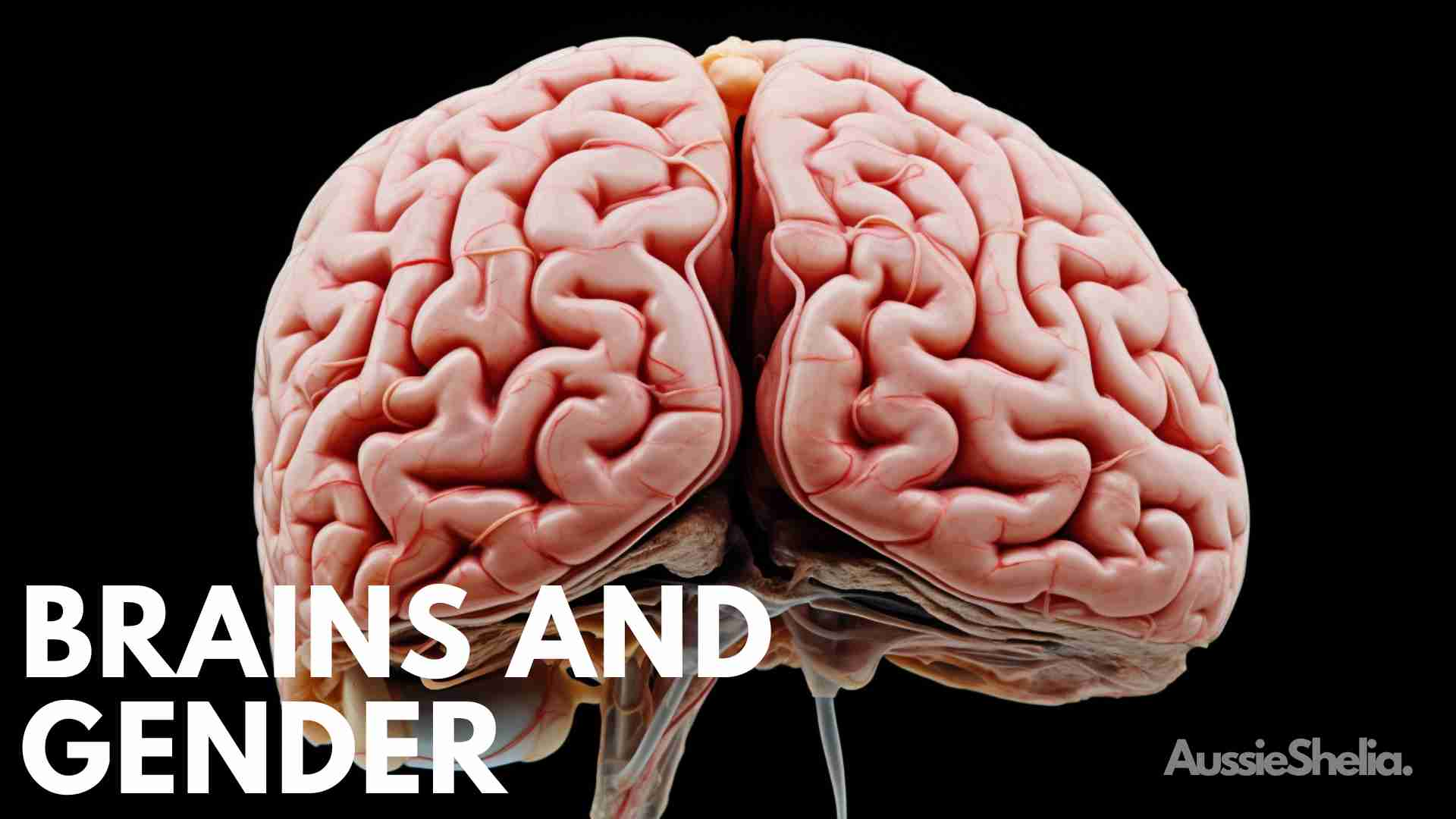Challenging Gender Stereotypes in Neuroscience
For decades, popular culture has perpetuated the belief that female and male brains are fundamentally distinct. Women have been characterized as more emotional, less analytical and ill-suited to science or leadership. However, an abundance of recent research in neuroscience shatters these outdated myths. Scientists have proven that beyond basic sex differences, human brains are not intrinsically gendered or limited by binary categorization.
Key studies confirm that most cognitive skills and brain structures show greater variability between individuals than average differences between men and women. For example, overlap exists across genders in areas like language aptitude, spatial reasoning, mathematical ability, and memory capacity. Even emotional processing, often stereotyped as divergent, exhibits immense individual variation that defies strict gender lines.
- The concept of a gendered brain is a myth.
- Embrace your individuality and challenge societal expectations.
- Advocate for gender equality in education and the workplace.
- Strive for a healthy work-life balance and redefine traditional gender roles.
- Your brain is unique and holds immeasurable potential.
Imaging studies also dispute ingrained assumptions, revealing that brain size, connectivity patterns and proportional gray/white matter volume do not conclusively differ based on sex. In truth, human brains comprise an intricate patchwork of unique traits shaped by genetics, environment, experiences and neuroplasticity.
Understanding this complex reality has profound social implications. Rigid gender stereotypes about intrinsic aptitudes and roles serve to constrain potential and reinforce discrimination. Women contend with bias based on false notions that their brains make them unfit for science or leadership. But the capability to excel in any area rests in the brain’s structural complexity and plasticity, not gender.
Progress requires active efforts to challenge assumptions. Educating the public, scrutinizing media representations and celebrating women’s achievements in STEM fields can help dispel restrictive myths. So can fostering cognitive diversity in classrooms and workplaces based on individual strengths over gender.
Gender Stereotypes: Challenges and Solutions
Challenge: Overcoming societal expectations.
Solution: Embrace your individuality and challenge gender stereotypes. Your brain is not limited by societal norms, and it holds immense potential waiting to be unleashed.
Challenge: Navigating biases in educational and professional environments.
Solution: Advocate for equal opportunities, support initiatives promoting gender equality, and seek mentorship to thrive in traditionally male-dominated fields.
Challenge: Balancing work and family life.
Solution: Challenge traditional gender roles and encourage shared responsibilities at home. Embrace flexibility and prioritize self-care to maintain a healthy work-life balance.
“Research shows that there are no significant neurological differences between male and female brains in terms of cognitive abilities and intelligence. The idea of a ‘female brain’ being inferior or limited is a myth. Each individual has a unique brain with its own strengths and capabilities.”
In the world of neuroscience, remarkable women have shattered stereotypes and achieved greatness, paving the way for a more inclusive and equitable understanding of the human brain. Their stories are sources of inspiration and empowerment, showcasing the incredible potential within each of us.
One such trailblazer is Dr. Nancy Kanwisher, a renowned neuroscientist who has dedicated her career to studying the brain’s visual system. Despite facing skepticism and bias in a male-dominated field, Dr. Kanwisher’s groundbreaking research has revolutionized our understanding of how the brain processes visual information. Her work has demonstrated that gender has no significant impact on the structure or function of the brain, debunking the myth of a “female brain” as inherently different or inferior.
Another remarkable woman in the field is Dr. Daphna Joel, whose research challenges traditional gender categorizations. Through her studies, Dr. Joel has revealed that the brain’s characteristics cannot be neatly categorized into binary notions of “male” and “female.” Instead, she emphasizes the immense variability within individuals, highlighting that our brains are a mosaic of unique traits and qualities.
These women, among many others, have defied stereotypes, shattered preconceived notions, and opened doors for future generations of neuroscientists. Their stories are testaments to the power of persistence, curiosity, and the belief in one’s own abilities.
By reflecting on their journeys and discoveries, we can gain a deeper understanding of the limitless possibilities that lie within us. We can feel the joy and liberation that comes from embracing the true nature of our brains, free from the constraints of societal expectations. Their stories inspire us to challenge gender norms, question established narratives, and pursue our passions without limitations.
So, immerse yourself in these remarkable stories. Discover the groundbreaking research that challenges preconceived notions and expands our understanding of the human brain. Feel the sense of empowerment that comes from realizing that your brain is unique, capable, and deserving of recognition. Embrace the joy and liberation that comes from understanding the true nature of your brain and the unlimited possibilities that lie within.
It is through these stories and discoveries that we can continue to pave the way for a more inclusive and equitable future, where the power of the mind knows no boundaries. Let us celebrate the achievements of these extraordinary women and draw inspiration from their journeys as we navigate our own paths toward personal and collective growth.
The future is brighter when we embrace the brain’s wondrous intricacy free from artificial constraints. Neuroscience makes clear that the human mind cannot be narrowly defined. With curiosity and compassion, we can instead harness this knowledge to build a society where everyone has the freedom and opportunity to fulfill their potential.
Knowing the truth about the gendered brain, we can break free from limiting beliefs and create a society where individuals are valued for their abilities, not their gender. Remember, your brain is an incredible instrument, capable of achieving remarkable feats. Let’s continue to learn, grow, and support one another on the path to equality and empowerment.
Additional Resources
“Inferior: How Science Got Women Wrong and the New Research That’s Rewriting the Story” by Angela Saini
“The XX Brain: The Groundbreaking Science Empowering Women to Maximize Cognitive Health and Prevent Alzheimer’s Disease” by Lisa Mosconi
“The Neuroscientist Who Lost Her Mind: My Tale of Madness and Recovery” by Barbara K. Lipska








